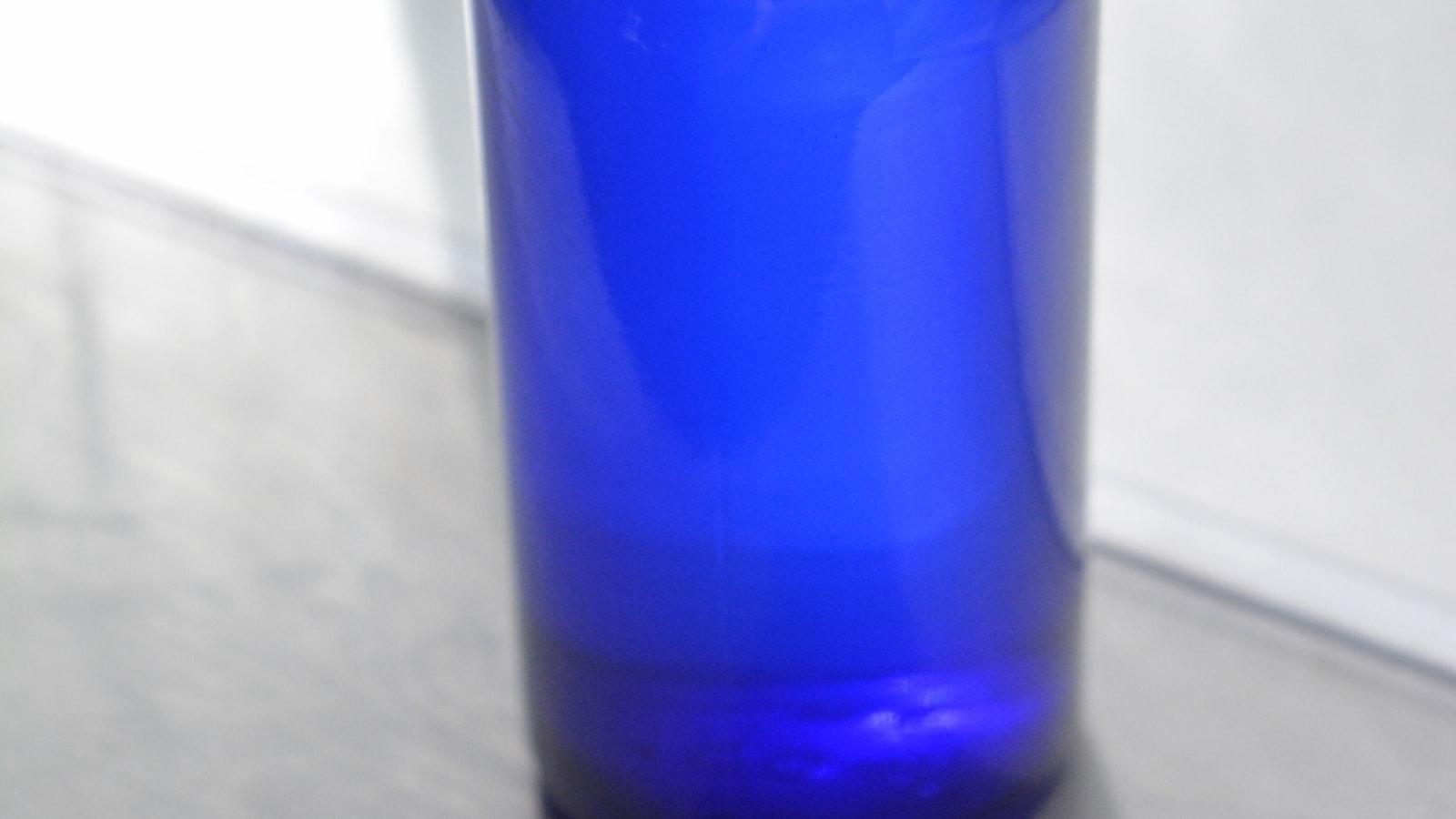In the realm of alternative medicine, a peculiar class of remedies has long nestled amidst both fervent acclaim and scathing criticism – the enigmatic homeopathic nosodes. As perplexing as they are popular, nosodes have carved a controversial niche in the vast landscape of healing modalities. Challenging the boundaries of conventional medicine, these potent little bottles provoke curiosity, skepticism, and, for some, unwavering devotion. Join us on an intrepid exploration through the uncharted territories of homeopathic nosodes, as we unravel the mystique and unravel the science behind this divisive remedy class.
Homeopathic Nosodes: Unraveling the Controversy and Popularity
Homeopathic Nosodes: A Controversial yet Popular Remedy Class
Homeopathic nosodes have gained a significant amount of attention in recent years, both for their controversial nature and their rising popularity among alternative medicine enthusiasts. These remedies, derived from substances like bacteria, fungi, and viruses, are believed by homeopathic practitioners to stimulate the body’s natural healing abilities. Despite the skepticism surrounding their efficacy, nosodes have found a strong following, with many individuals seeking them out as an alternative to conventional medical treatments.
The controversy surrounding homeopathic nosodes stems from several factors. Firstly, their mechanism of action is based on the principle of “like cures like,” a fundamental concept in homeopathy. Critics argue that the extreme dilution of the original substance renders the nosodes essentially devoid of any active molecules, making their therapeutic effects questionable at best. Additionally, there is concern about the potential for nosodes to delay or replace proven medical interventions, particularly when it comes to serious diseases.
Despite the controversy, the popularity of homeopathic nosodes continues to grow. Proponents claim that these remedies offer a natural and gentle approach to healing, free from the side effects associated with conventional medicine. Furthermore, the use of nosodes is often seen as a part of holistic health practices, incorporating lifestyle changes and dietary modifications. While scientific evidence supporting the effectiveness of homeopathic nosodes remains limited, their popularity highlights the ongoing demand for alternative healing modalities in today’s society.

Exploring the Efficacy and Safety of Homeopathic Nosodes
Homeopathic Nosodes:
A Controversial yet Popular Remedy Class
In the realm of alternative medicine, homeopathic nosodes have garnered significant attention as a controversial yet widely-used remedy class. Derived from diseased tissues or substances associated with various illnesses, these highly diluted preparations are thought to stimulate the body’s natural healing mechanisms. Proponents claim that nosodes can prevent and treat a range of conditions, from common colds to more serious diseases like influenza and Lyme disease. However, the efficacy and safety of these products remain a subject of intense debate within the medical community.
Advocates of homeopathic nosodes argue that their administration prompts the body to develop immunity against specific diseases without the need for conventional vaccines. They believe that the highly diluted nature of the preparations minimizes the risk of adverse effects while still imparting therapeutic benefits. Furthermore, proponents suggest that nosodes may have a broader spectrum of action than conventional vaccines, potentially targeting multiple strains of a particular virus or bacteria. However, critics cite a lack of scientific evidence to support these claims, emphasizing the need for more rigorous research and controlled studies to ascertain the true efficacy of nosodes.

Navigating the Benefits and Risks: Expert Recommendations on Homeopathic Nosodes
Homeopathic nosodes, a controversial yet popular remedy class, have become a subject of intrigue and debate within the holistic health community. These remedies are prepared from disease-related substances, including blood, pus, or tissue, and are believed to stimulate the body’s natural defenses against certain illnesses. While some practitioners and users swear by their effectiveness, others question their safety and efficacy. In this article, we delve into the world of homeopathic nosodes, exploring the benefits they are claimed to provide, as well as the potential risks.
One of the main benefits associated with homeopathic nosodes is believed to be their ability to stimulate the body’s immune system, promoting healing without the use of traditional pharmaceutical drugs. This alternative approach is particularly appealing to individuals seeking natural remedies and wishing to avoid potential side effects associated with conventional medicine. Supporters claim that nosode therapy can assist in treating various conditions, including respiratory infections, digestive disorders, and skin conditions.
- Risk of Misperception: Critics argue that because homeopathic nosodes contain extremely diluted substances, sometimes to the point of no longer containing any molecules of the original substance, their action is purely placebo. This raises concerns about their perceived efficacy among users and the potential for forgoing proven medical treatments.
- Lack of Scientific Evidence: Despite the popularity of homeopathic nosodes, some health professionals question their scientific validity. The scientific community generally agrees that there is insufficient evidence to support the effectiveness of these remedies beyond a placebo effect.
- Contamination Risks: The preparation process of homeopathic nosodes involves diluting and shaking the original substance multiple times. If not properly manufactured, there is a risk of cross-contamination with potentially harmful microorganisms, posing health hazards to individuals using these remedies.
- Regulatory Concerns: Proper regulation and quality control of homeopathic nosodes can be challenging. In some cases, commercial products labeled as nosodes have been found to contain active pharmaceutical ingredients, leading to inappropriate dosing or unexpected side effects.
Insights and Conclusions
As we bring this article on homeopathic nosodes to a close, we are reminded of the complex and often polarizing world of alternative medicine. Whether you believe in the power of these remedies or dismiss them as nothing more than placebos, their popularity cannot be denied.
While there is a constant tug-of-war between skeptics and proponents, it is crucial to approach this topic with an open mind and a willingness to explore the diverse perspectives that surround it. The controversy surrounding homeopathic nosodes has not deterred their growing demand, suggesting a significant number of individuals find relief and benefit from these unconventional treatments.
In navigating this contentious realm, it is essential to acknowledge the significance of evidence-based research. Rigorous scientific studies are crucial in determining the true effectiveness of any remedy, including homeopathic nosodes. As the medical community continues to investigate and debate this controversial remedy class, we can hope for more concrete evidence that either confirms or refutes its claims.
Ultimately, the choice to embrace or eschew homeopathic nosodes lies with each individual. Just as the human experience is multifaceted and diverse, so too are our beliefs and approaches to healthcare. Whether it be through conventional medicine or alternative practices, it is essential to prioritize our health and make well-informed decisions.
As we part ways for now, let us remember that at the heart of any controversial topic lies a profound desire to improve the well-being of individuals. Only through respectful dialogue and ongoing research can we begin to unravel the mysteries and challenges that surround homeopathic nosodes. Until then, let curiosity guide us and encourage continued exploration of the world of alternative medicine.



